Course Description
The Peacebuilding course is designed to provide knowledge about efforts to rebuild post-conflict communities. According to Johan Galtung, peacebuilding is the process of building a supporting structure that can independently eliminate the causes of war and provide alternatives to prevent war from occurring.
The discussion will begin by introducing the basic concepts and several approaches to peacebuilding to equip students with an analytical framework for evaluating peacebuilding efforts. It will then elaborate on several key aspects of peacebuilding efforts, such as governance, economic development, security sector reform, and reconciliation.
To sharpen students’ theoretical understanding and analytical skills, this course will also facilitate students in evaluating peacebuilding practices in various settings and compiling them into policy papers to be presented in group discussions. At the end of the class, and as evaluation material, students will be given the option to create an assessment in the form of an essay on peacebuilding practices or to design a peacebuilding program module as a means to implement the previously developed policy papers.
Expected Learning Outcome
- Analyze the basic concepts and approaches of Peacebuilding.
- Use these concepts and approaches to critically evaluate Peacebuilding practices in various settings.
- Develop collaborative skills through group work.
- Formulate a research framework related to peacebuilding efforts at the local and global levels.
- Apply a research framework to examine and respond to peacebuilding phenomena at the local and global levels.
Syllabus
Read the full syllabus here.

